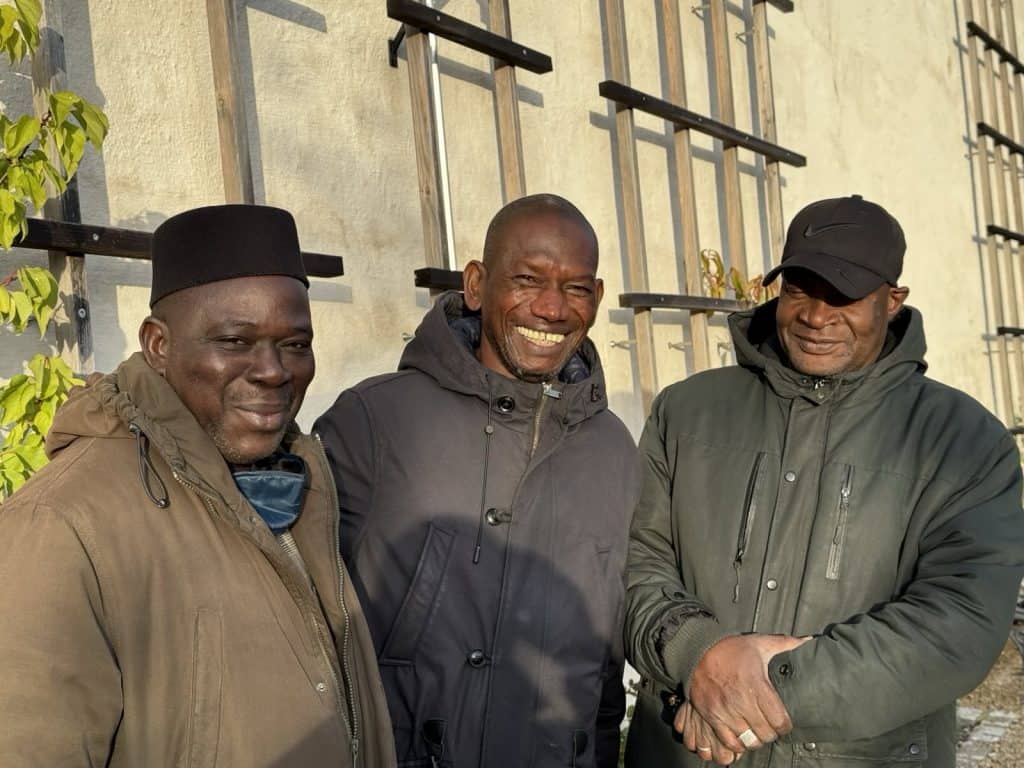This week, the Malian leadership team of CAAS undertook an exciting study trip through Bavaria. Participants included Salaha Baby, National Coordinator, Allasane Boré, Head of the Complexe Agricole, and Amadou Arraba Doumbia, Head of Livestock.
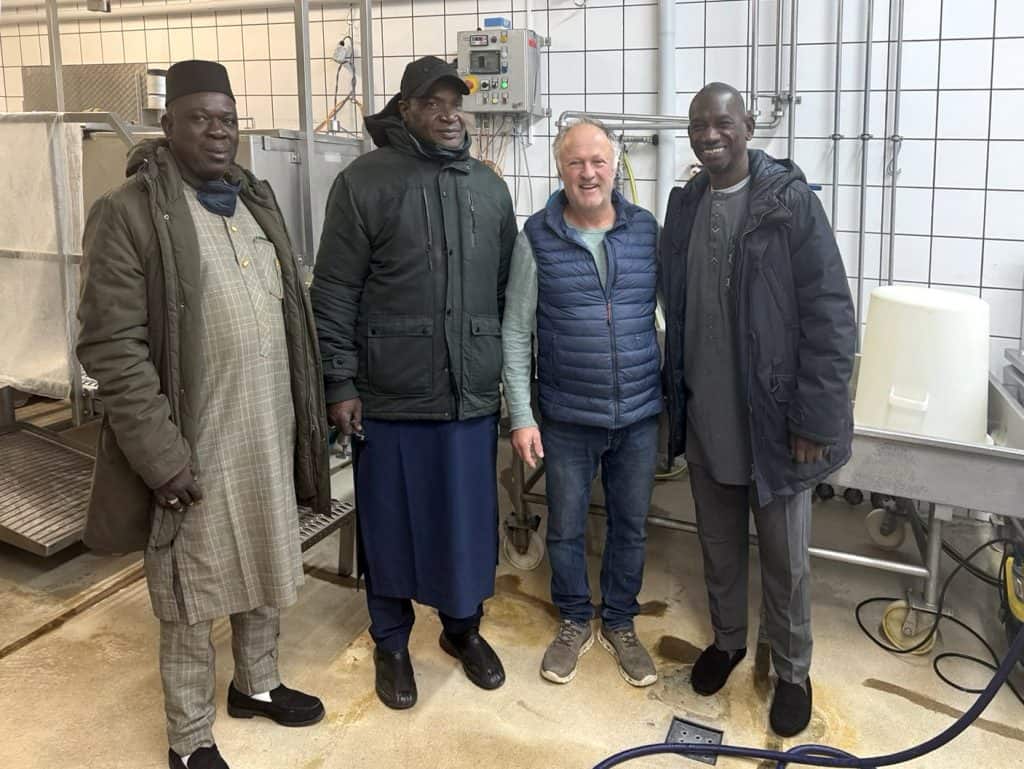
Henner Papendieck had organized a route visiting small, artisan-run farms that are comparable in size and methods, whose practices are particularly relevant to our project in Mali. We are very grateful that the farms agreed to give our Malian colleagues an insight into their work.
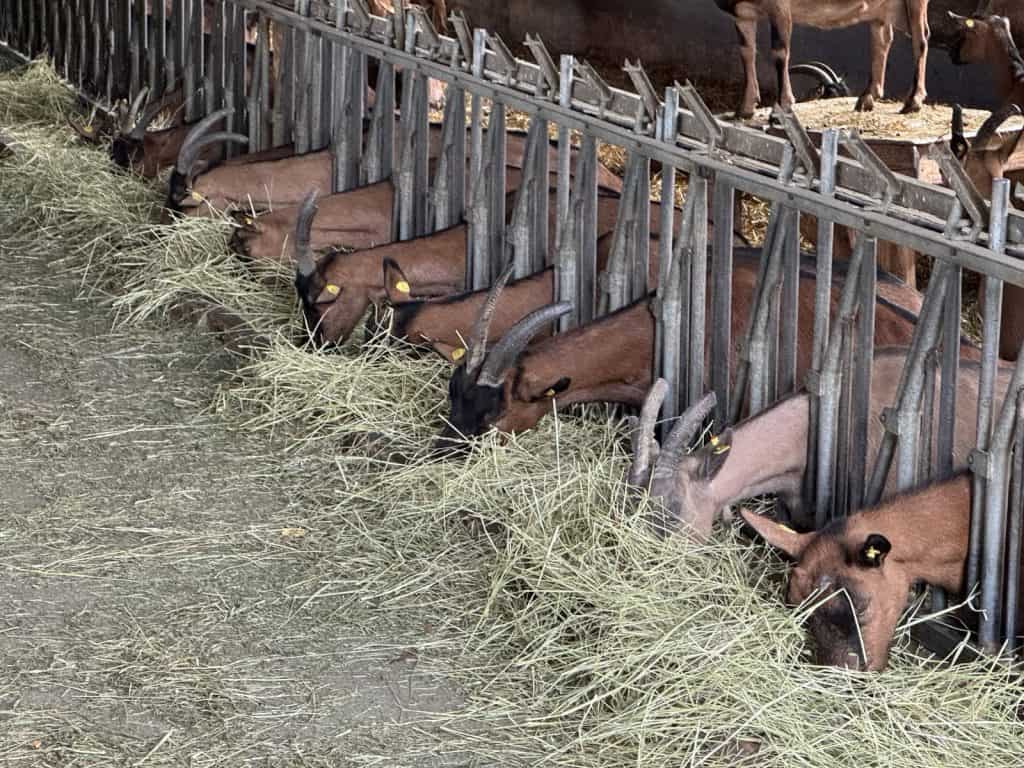
The participants reported numerous valuable experiences. At the Hallertauer Ziegenhof (Hallertauer Goat Farm), they gained insight into the humane husbandry of goats, pigs, and pasture-fed oxen, as well as the processing of milk into goat cheese.
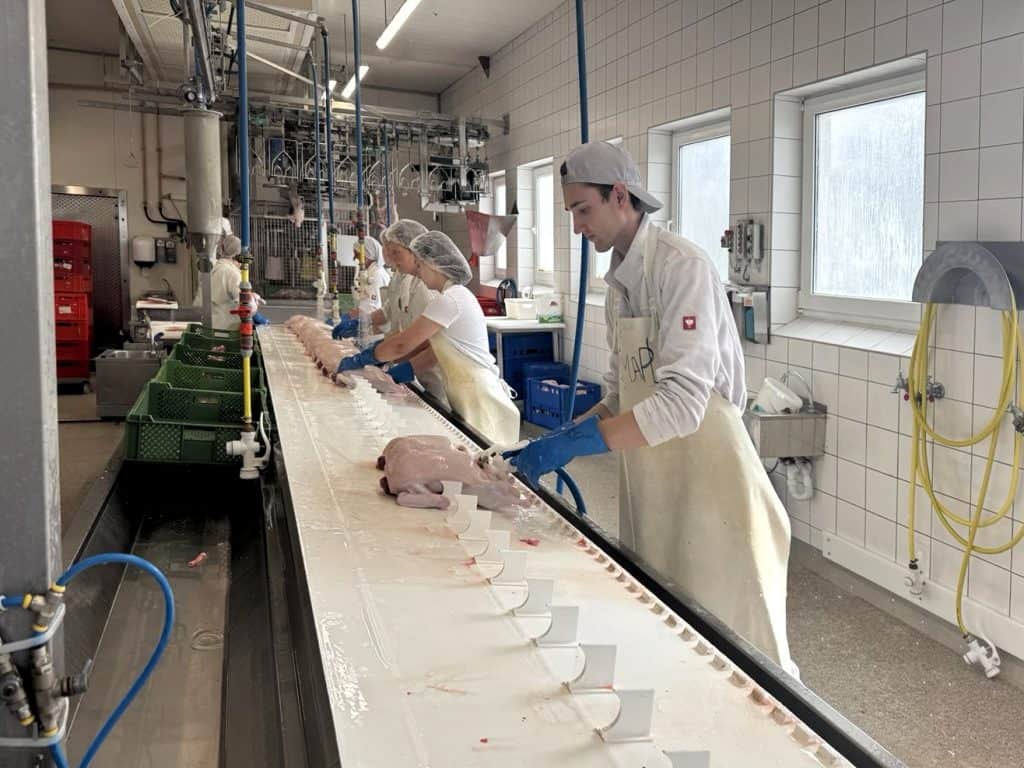
At Geflügelhof Lugeder (Poultry Farm Lugender)
, they observed poultry husbandry and were able to attend a slaughter. Although the farm is significantly larger than the planned facilities in Mali, the visit provided important lessons on processes, organization, and hygiene.
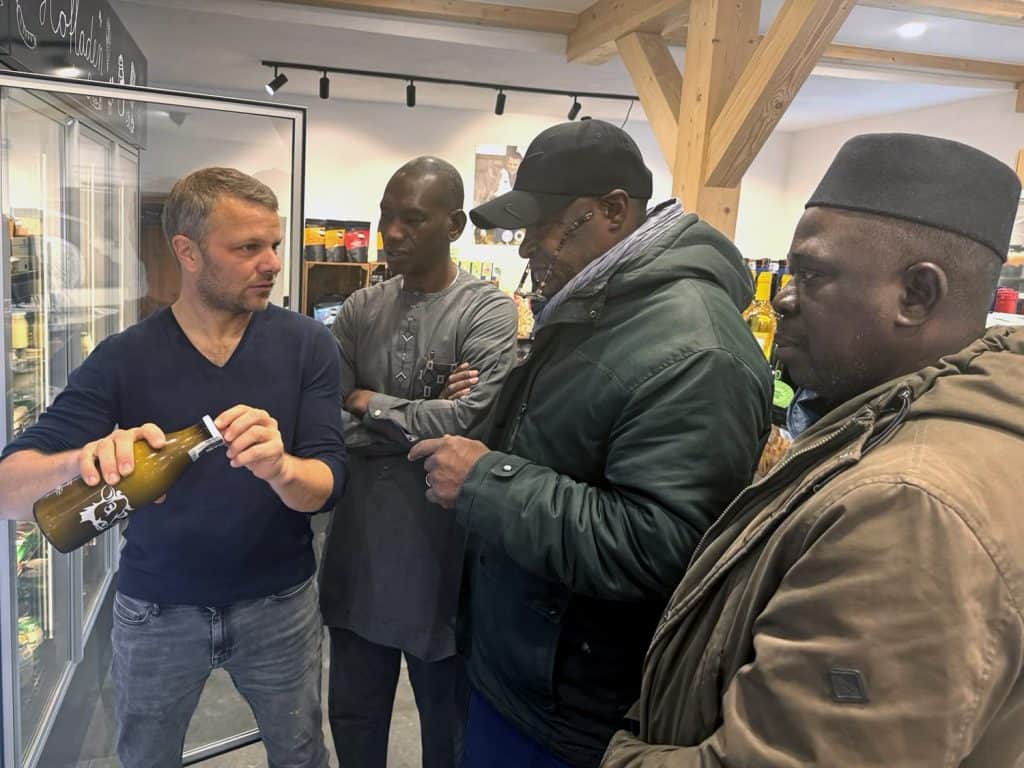
At the Alztaler Hofmolkerei (Alztaler Dairy), they were impressed by the processing of milk into drinking milk, butter, yogurt, and fresh cheese, as well as the self-service farm shop and marketing concepts.
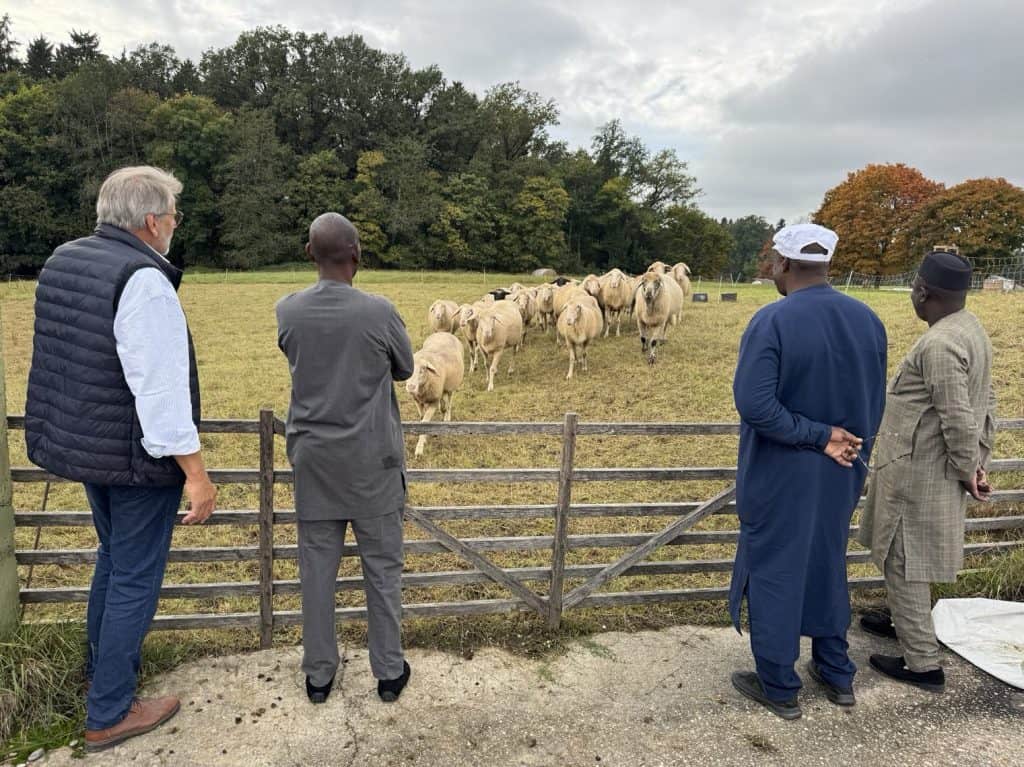
At Gutshof Polting (Polting Manor), our agronomists received practical insights into animal husbandry and slaughter and could observe the workflows directly.
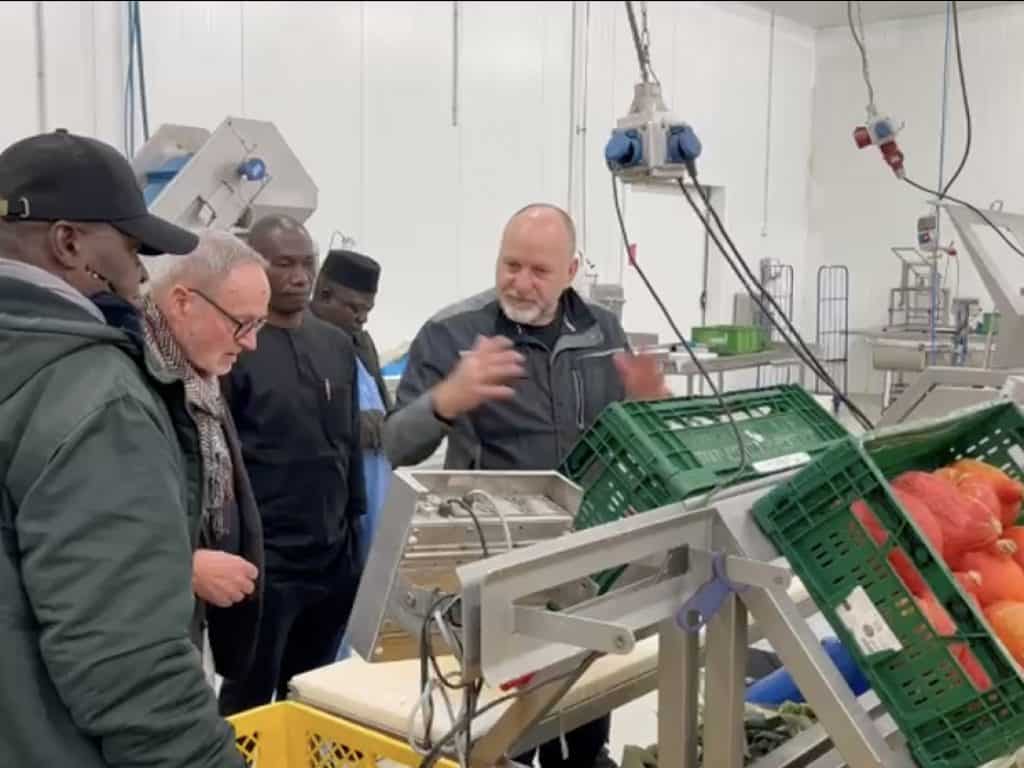
The final stop took the group to the vegetable processing facility of the foundation Regenbogen Arbeit, offering another valuable insight into artisanal processing, organization, and efficiency.
A key learning point concerned the sales and marketing of agricultural products. The visited farms had independently built their distribution structures, demonstrating strong personal commitment and long-term engagement with customers.
The trip concluded with a debriefing at the office of WSA Architekten in Munich, a fitting close to a tour full of impressions and new ideas for work in Mali. On this occasion, Wieland Schmied and Max Hahner also presented the next steps and visions for village development in Kalassa, including the construction of a new school building for grades 4–6.


